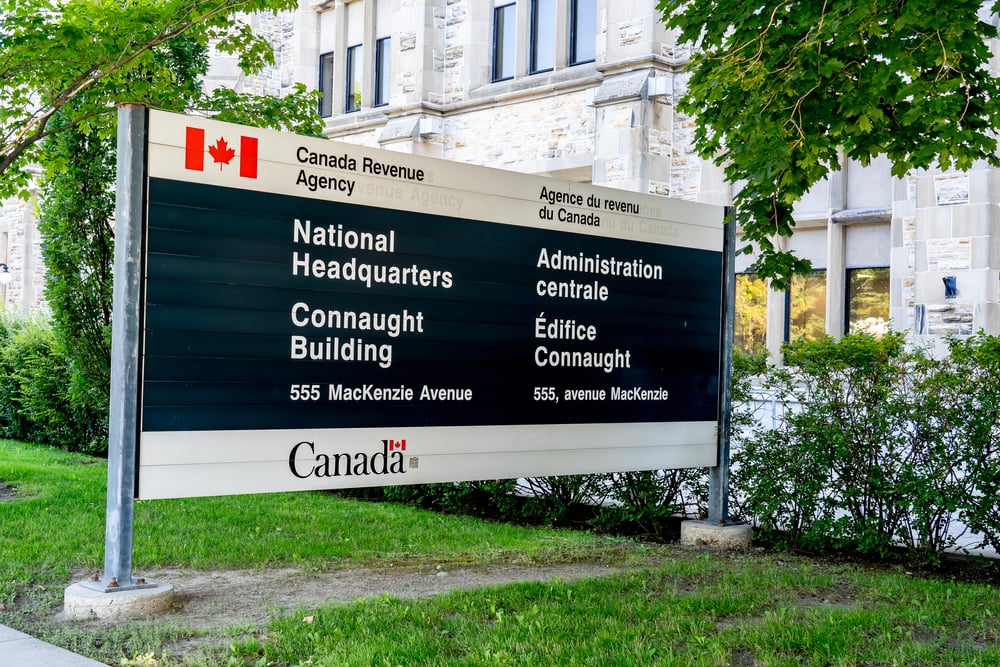Good news to those intending to immigrate to Canada, The Immigration, Refugees and Citizenship Canada (IRCC) now has provided more clarity on its six new immigration pathways. The clarity comes in the form of guidelines that will help IRCC staff know how to deal with streams of international graduates and essential workers. The guidelines were released on May 26 and took effect immediately.
Each class of immigration applicants has its quota. Just a day after the guidelines were released, the international graduates (English speaking) had already reached and exceeded their quota which was set at 4,000. However, Marco Mendicino, the Immigration Minister, said they are exploring ways to increase the quotas to admit more applicants that were left out from all streams.

Under the two categories of essential workers (English speaking), more than 11,000 candidates submitted their applications. Still, the doors are open because the combined quota for this category of applicants is 50,000.
The french-speaking category of essential workers receives only a few applicants. The reason could be because of the small number of francophones living in Canada. This category of applicants is never subject to any quotas. The deadline for applications is November, so if you are interested in becoming a permanent resident in Canada and you are qualified enough, you can submit your application to IRCC.
The immigration guidelines posted on the IRCC website will help their staff to assess the applications in all six categories. The new guidelines stipulate that an applicant must meet all the conditions listed below to be considered:
- Minimum education requirements
- Intent to live outside of Quebec
- Work experience
- Proficiency in an official language
- Temporary resident status and legal entry into the country
 Minimum Education Requirements
Minimum Education Requirements
If you are an international graduate, you have to meet the following criteria:
- You must have completed your study in a Canadian Designated Learning Institution
- You must have completed your studies in January 2017 or later.
- You must have been permitted to study in Canada when you enrolled at the Canadian Designated Learning Institution
- You must have received an eligible qualification like certificate, diploma, degree, or evidence from a program that shows you are skilled in a particular trade.
- One or more qualifications can be accepted if their combined effect is equivalent to not less than 16 months duration of study or a two-year credential.






